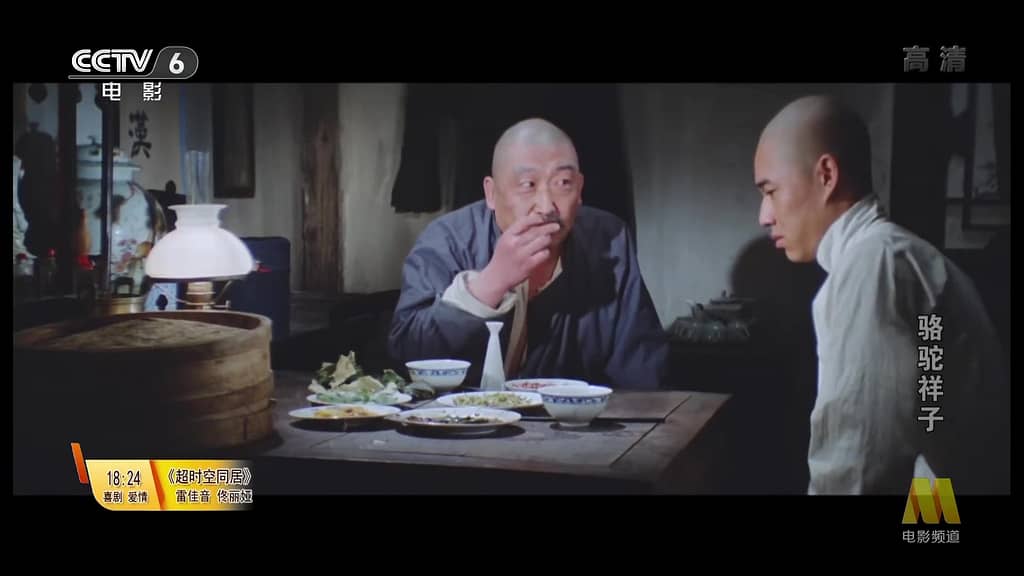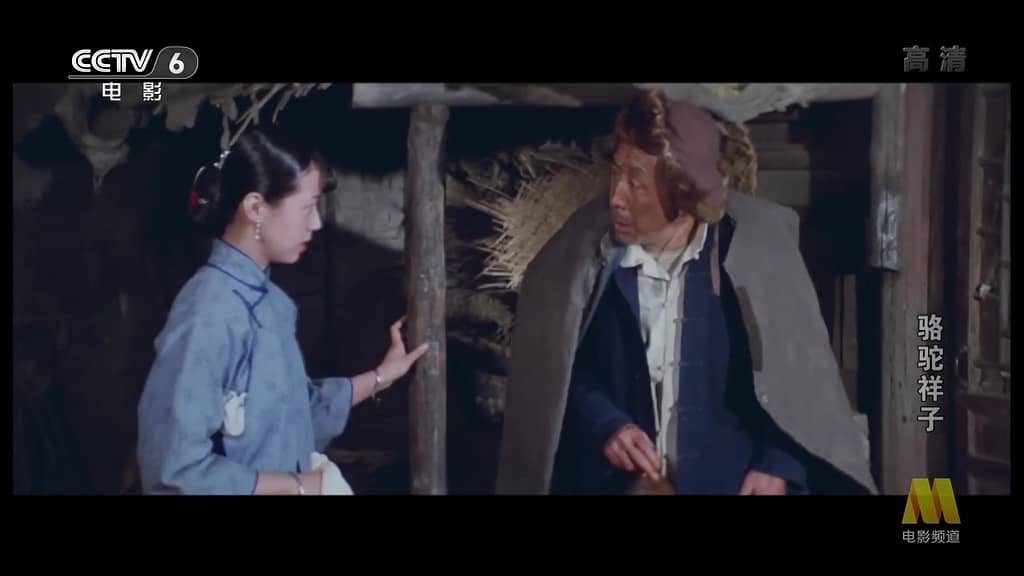Rickshaw Boy, or Camel Xiangzi (骆驼祥子), is a renowned novel by Lao She, a master of modern Chinese literature. It was first serialized in Cosmic Wind magazine from 1936 to 1937 and published as a standalone book in 1939. Set in Beijing in the 1920s, the novel vividly portrays the tragic fate of Xiangzi, a rickshaw puller, profoundly revealing the harsh living conditions of the lower class in a semi-colonial and semi-feudal society.

Main Content
Xiangzi, a young, diligent, and honest rickshaw puller from the countryside, arrives in Beijing with the ultimate dream of owning his own rickshaw. However, his aspirations are repeatedly crushed by the cruel realities of society:
- First Rickshaw: After three years of saving, Xiangzi buys a new rickshaw, only for it to be stolen by rogue soldiers.
- Second Attempt to Save: He starts saving again but is extorted by Detective Sun, losing all his money.
- Third Rickshaw: Forced to marry Huniu, the daughter of his boss Liu Siye, he buys a rickshaw with her money. However, Huniu dies in childbirth, forcing Xiangzi to sell the rickshaw to cover her funeral expenses.
Ultimately, his beloved Xiaofuzi commits suicide, leading Xiangzi to complete degradation, transforming him into a “ghost of individualism.”
Main Characters
- Xiangzi: Transforms from a hardworking, self-respecting young man into an apathetic, selfish drifter, ravaged by society.
- Huniu: Fierce and shrewd, she represents both the exploiting class and a victim of feudal family structures.
- Xiaofuzi: Kind but tragically fated, her suicide becomes the final blow that crushes Xiangzi.
- Liu Siye: The rickshaw depot owner, selfish and cold, symbolizing the oppression of the old society.

Themes
- Social Critique: The novel exposes the warlord conflicts and the oppression of the lower classes by the exploiting class, revealing the darkness of the old society.
- Failure of Individual Struggle: Xiangzi’s tragedy demonstrates that in a corrupt social system, individual effort cannot alter one’s fate.
- Alienation of Humanity: Xiangzi’s descent from “human” to “beast” reflects how the social environment destroys human nature.
Artistic Features
- Beijing Dialect: The language is lively and full of urban flavor, showcasing Lao She’s distinctive “Beijing style.”
- Psychological Description: The novel deeply portrays Xiangzi’s internal transformation, detailing his journey from hope to despair.
- Symbolism: Examples include the “camel” symbolizing Xiangzi’s resilience and tragedy, and “rain” alluding to social injustice.

Influence and Evaluation
- Literary Status: Hailed as the first full-length novel in modern Chinese literature to focus on urban commoners, it solidified Lao She’s status as a master of language.
- International Spread: It has been translated into over 20 languages, including English, French, and Japanese. The first English translation (1945) controversially altered the ending, sparking debate.
- Contemporary Significance: It remains a mandatory read for primary and secondary school students, prompting reflection on social injustice.
Rickshaw Boy is not merely a personal tragedy but a microcosm of the lower class in old China. Its profound realism and humanistic concern have cemented its status as an enduring classic.
Shares
Book:
https://pan.quark.cn/s/3b5232e51bdd
Film:
https://pan.xunlei.com/s/VOW-ajQbudWbQD23eAvBlJEXA1?pwd=dpw4



0 Comments